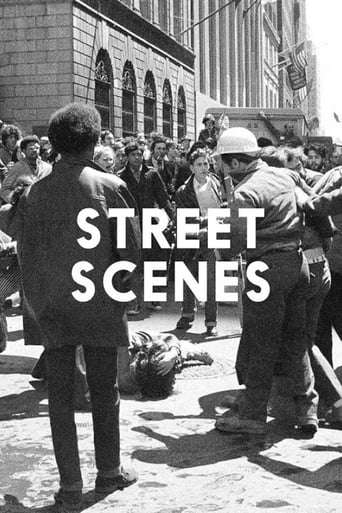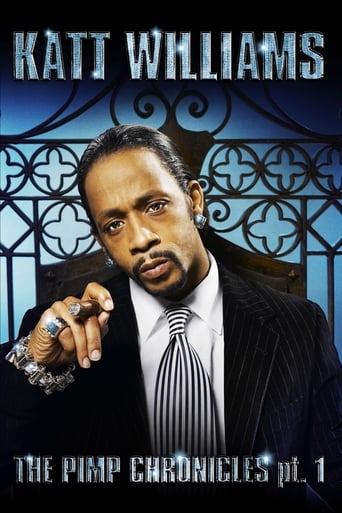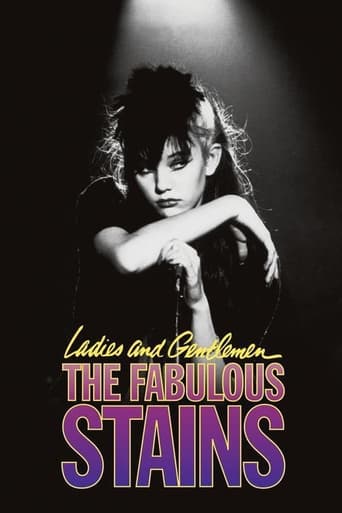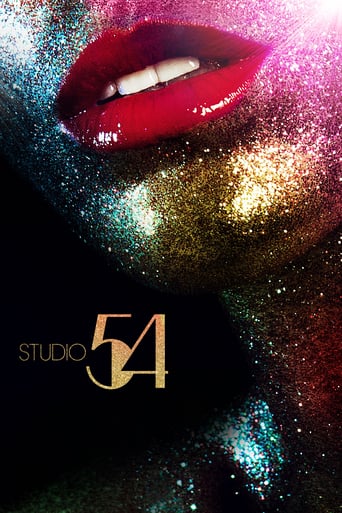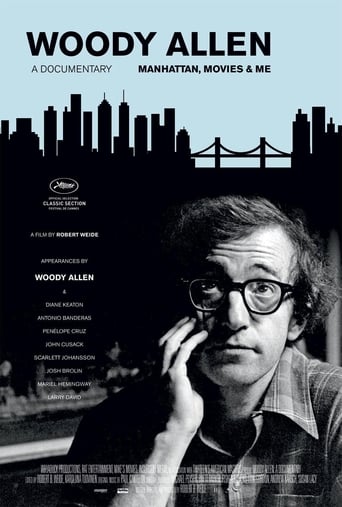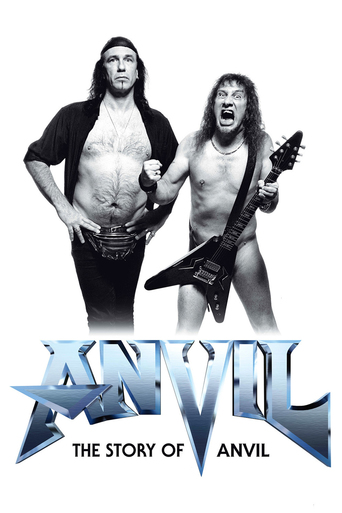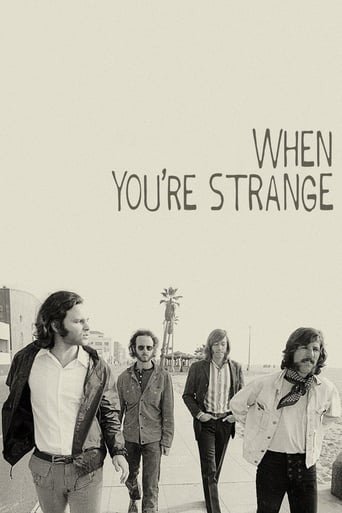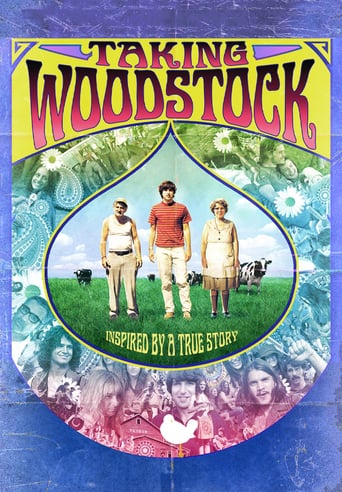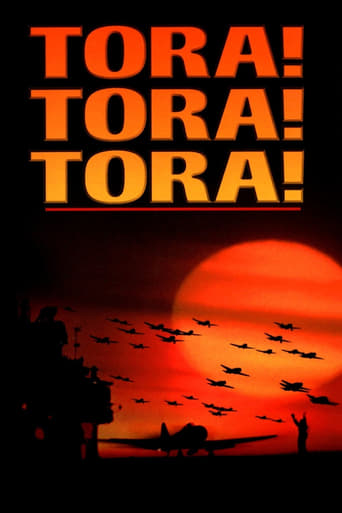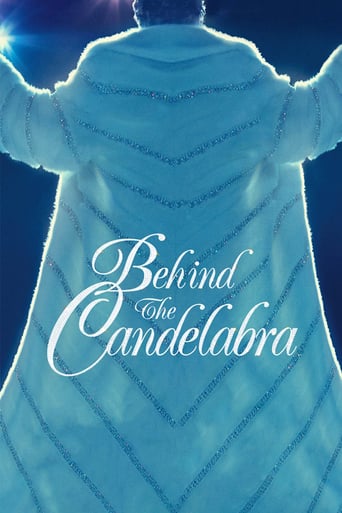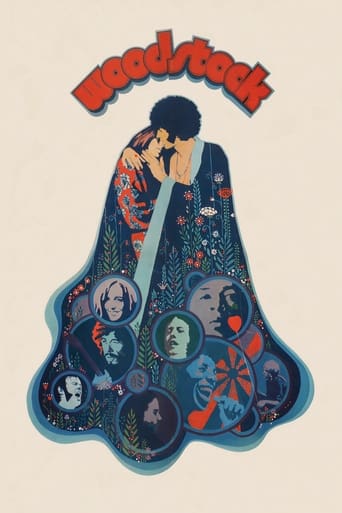


Woodstock
An intimate look at the Woodstock Music & Art Festival held in Bethel, NY in 1969, from preparation through cleanup, with historic access to insiders, blistering concert footage, and portraits of the concertgoers; negative and positive aspects are shown, from drug use by performers to naked fans sliding in the mud, from the collapse of the fences by the unexpected hordes to the surreal arrival of National Guard helicopters with food and medical assistance for the impromptu city of 500,000.
-
- Cast:
- Richie Havens , Joan Baez , Roger Daltrey , John Entwistle , Keith Moon , Pete Townshend , Joe Cocker


Similar titles
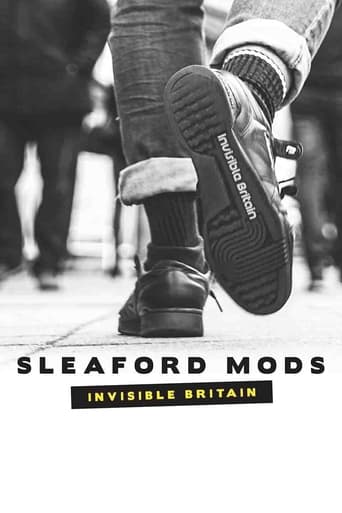
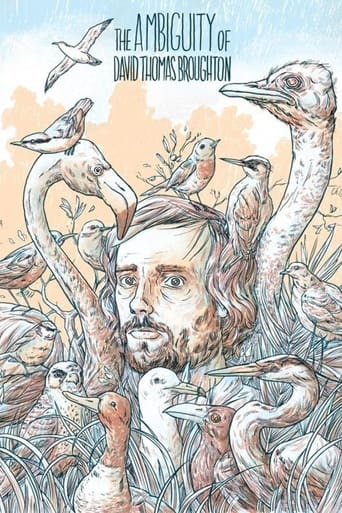

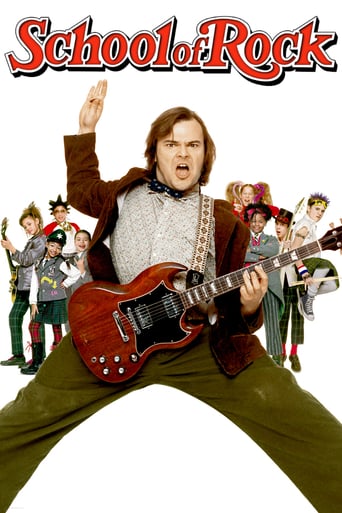
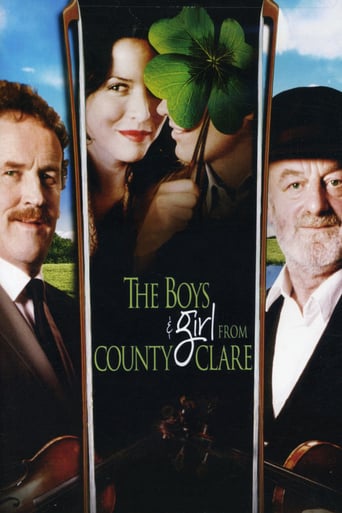
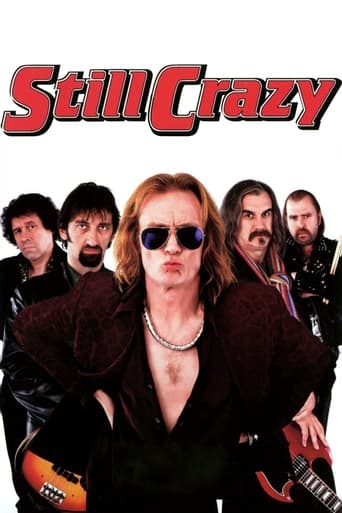
Reviews
Terrible acting, screenplay and direction.
Beautiful, moving film.
The story-telling is good with flashbacks.The film is both funny and heartbreaking. You smile in a scene and get a soulcrushing revelation in the next.
This is a small, humorous movie in some ways, but it has a huge heart. What a nice experience.
This is a documentary of the iconic 1969 three-day music festival in upstate New York. The use of the split screen is interesting. It gives the movie a sense of chaos and energy. The performances are iconic to say the least. It is a little funny to follow Sha Na Na with Joe Cocker. The cheesiness of the choreographed dancing clash decisively with the raw power of Cocker. The music is generally great, raw, and close-up. There are some other scenes like the yoga class that breaks up the movie and gives it some fun. It's also gets full marks for being a time capsule of that landmark event. It does run long but it was quite an event.
I watched the 224 minute version and that is the one one has to watch. Awesome and more. It was so amazing to see all of the different acts that played. You can't beat seeing Jimi Hendrix and Janis Joplin perform and get nostalgic on what more might have been with their careers. I always strictly had the stereotype of associating Woodstock with sex only. Of course it was about sex and drugs, but it was about a certain freedom that none of us really truly get to experience in our lives, ever. A certain peace. I learned so much more about what Woodstock really stood for, and it really opened my eyes. Each generation is different obviously. Each generation has their good, their bad and their ugly. But Woodstock demonstrated something so pure, something that can never be recreated again. Each generation has different beliefs and each generation fights for something different. These people at the 1969 Woodstock fought for something that ended up transcending to the world what they were fighting for, what they were all about, and it was absolutely beautiful. All walks of life too, all kinds of people their at Woodstock 1969. It's sad to say with this generation that if we ever had another Woodstock, it would be just like the one of 1999. Fake, phony, people wanting to push the envelope for their own personal gain and agenda, anger, rage, etc. It's sad to say this generation is one of laziness, impatience, anger, and getting fat(see how skinny those people were in 1969. Their bodies were shaped different too. It's got be the different food and medicine we take as the years go by that make our bodies different. Also plastic surgery). The Movie Wall-E has really predicted where our society is heading. It's sad in a way that we can't be more like these people of 1969 from this documentary. Of course, the ultimate sadness is most of the hardcore hippies that were there at Woodstock 1969 probably conformed to the society norms with jobs, health care, insurance, etc. You have too or you just end up dying or living your life as bum. You almost have to conform at some point. I'm sure there's some that never did though.
This four DVD collection is essential: the director's cut of the film, one DVD of extra music and one DVD of interviews. This last DVD is interesting for the technical details and all the material conditions. It is anecdotal and somewhere it misses the essential point: the music – as a representative of the world – of the twentieth century has been through a revolution and Woodstock is the first demonstration (like in science and mathematics) of the total jump of the whites in America, slightly after the British and the Europeans, into endorsing that new music. To find what is so original in that new music is not that difficult today if we have followed the vast research in the whole world about music all along human history. Listen to the DVDs or to the CDs and you will find out that this music has one characteristic that unifies all the styles or nearly: it is polyrhythmic. It is so obvious that discussing the point is pointless. Back in Europe and in the 20s and 30s there had been some attempts in "classical" or "symphonic" music to produce polyrhythmia but it had failed to conquer the vast popular public. Popular music was entirely locked up in good old songs and good old monorhythmia. What is polyrhythmia that Mr. Word's Dictionary refuses? It is the fact that a superficial and traditional rhythmic line, generally binary or ternary, covers up and is articulated upon a far faster rhythmic line that can run in multiples of two or three. That faster rhythm can be carried by the modern drums (where do they come from?) or contained in the singing or in the melodious line of one particular instrument, the bass or the lead guitar used as a rhythmic accompaniment. That was invented in the United States of America and was the consequence of a social, political and geo-demographic phenomenon known as the slave trade and slavery. In Africa, music is originally polyrhythmic and the instruments they used are drums and percussions of many very different types from the tam-tam to the water drum. The slower rhythm is the one to which most people dance and the faster rhythm is magic in a way since it can lead to a trance, to vodun (or voodoo) illumination, with or without the help of alcohol or other substances. The Blacks arrived in America and kept their rhythm, their music and used it all the time in the fields. That will produce black music whose first fully developed form will be jazz. Jazz will become a hit thanks to the radio but jazz requires a new instrument, the modern drums of our bands. They more or less took all the instruments from the European tradition and just associated them so that one person could use both hands and both feet to create a rhythmic universe that was by definition polyrhythmic. From Jazz to rock and roll and modern popular music there is only about twenty to thirty years. The radio will make it popular everywhere in the world, would I say, and then television added its own two bits. The whites learned it and started producing their own, the British being ahead with the first bands that managed to move vast audiences and to spread everywhere in the world. The Americans were just going to follow that road. Woodstock is the first time in American history that such a mass of essentially white people gathered to listen to that kind of music, white, black or latino musicians together. That music is polyrhythmic and that creates a mental way of thinking that is interesting. The brain can naturally think and work along several lines at the same time, but if you make it a requirement, a style, a way of thinking it clearly implies people who are different can dance together, can mix and be together. That music is mentally, psychologically, and even psychically multiple and if two, three or four rhythms can live together why should we segregate among people any group as opposed to another, even any gender as opposed to the others. Equality in total diversity, guaranteed diversity in the very recognition of the differences of the others and the particularity of myself as not opposed, not compared but simply contrasted to the others. The world was becoming a symphony of all kinds of things and in the human sphere anything that appeared as a limit was to be gotten rid of. Even grammar for some was fascist. Good riddance. Every single particularity I decided for myself or I assume in myself became a choice and implied that I was myself and unique and that all other human beings around me were themselves and unique and that we could all live in total peace and fraternity or brotherhood or sisterhood or sorority by assuming all these differences and by letting them come to the surface of our life, to the conscience of our brains, to the reality of our existence. The First amendment became the central axle of this new world perfectly in phase and harmony with that polyrhythmic music I am talking of. In other words this polyrhythmic vision is the direct production and embodiment of that first amendment. It became the music of the people for the people by the people. We were leaving Gettysburg behind in history and making it into our flag, banner, motto, ethics. Are we conscious of what I am explaining? Of course not, otherwise I would not have to explain all that. So celebrate Woodstock as the turning point in human history that would never have been possible without the bringing of millions of black Africans to America, even if that was a crime against humanity, and without the globalization that started as soon as Auschwitz was liberated, quite a few years ago.Dr Jacques COULARDEAU, University Paris 1 Pantheon Sorbonne, University Paris 8 Saint Denis, University Paris 12 Créteil, CEGID
This is one of those movies that you are always told "you have to watch". Woodstock was an event that has become iconic for what was supposed to have been the best of the 60's generation (though to be honest, i think the 60's generation is best summed up in the final scenes of the movie when the clean up crews are at work picking up after all of the spoiled white kids who left their crap laying all over for others to get).Nonetheless, this is a much more enjoyable film than other 60's standards, like Easy Rider (the most boring film I have ever seen) and Dr Strangelove (way over rated).As a piece of history, this movie is phenomenal. It is well edited, well paced, and thoroughly generous in its efforts to capture the work and efforts required to put such an event together (the building of the sets, medical care, feeding the masses (where's a messiah when you need one, right?) and the cleaning of the portajohns. I truly enjoyed all of the scenes with the organizers, and had to laugh at some of the reporter's questions.Musically, it is a hodgepodge, very hit and miss. This is why i give it a 7 out of 10. I can't understand the musical choices, though possibly, the passage of time has made our "favorites" decision for us rather than our being there. Who knows? Anyway - here's a selection of my favorites - Richie Havens was incredible. Santana was phenomenal. Joe Cocker was great (though his back up singer (the guy) left a lot to be desired). Joe McDonald was great and funny - had the audience eating out of his hand. Arlo was great.Sly was boring. the producer chose a terrible song from Joplin and it is a shame, as she is one of my favorites. Sha Na Na - have no idea why? Wish the Dead had been included, but from their perspective, they always say it was a terrible performance (though Jerry is featured in the beginning). John Sebastian (why did he bother?).I'm sure I am leaving some things out - but let me just say - Scorsese did a fantastic job editing the many many hours of footage together. One of his greatest achievements. what i will say though is that i agree with Ebert's review - when he pointed out that the music at Monterrey was better (it was 2 years earlier).Nonetheless - it is a movie truly worth watching - and i would say that the director's edition is enjoyable - can't say whether the short version is better than the long version - but i can say I enjoyed the directors cut.


